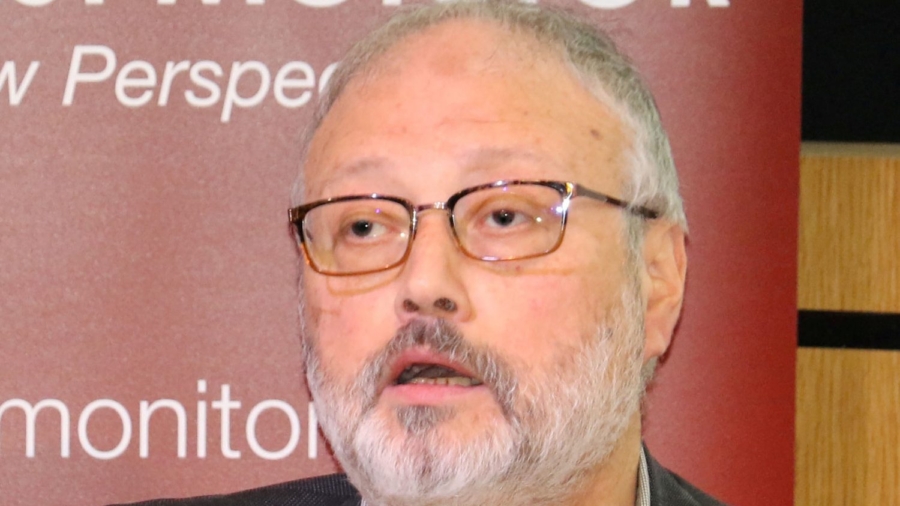Turkish investigators probing the disappearance of Jamal Khashoggi, a Saudi Arabian citizen who worked for the Washington Post, took DNA samples from the Saudi consulate in Turkey, according to state-run Turkish media.
Saudi officials let Turkish investigators into the consulate, where the investigators used the chemical luminol as a spray and a special light to reveal DNA cell samples, which they then took, according to Turkey’s state-run Anadolu news agency, reported CNN.
The investigators also took samples from the consulate sewers.
Investigators planned to take the samples to the Directorate of Criminal Police Laboratory for analysis.

US Officials Vow to Find the Truth
Amid the furious rumors, speculation, and state-run reports, United States officials said on Oct. 16 and Oct. 17 that they’d find out what happened to Khashoggi.
President Donald Trump sent U.S. Secretary of State Mike Pompeo to Saudi Arabia to meet with top officials on Oct. 16. Pompeo then moved on to Turkey to talk with officials there before departing on Oct. 17.
“The Secretary reiterated the President’s concern with respect to Jamal Khashoggi’s disappearance, as well as the President’s desire to determine what happened,” U.S. State Department spokeswoman Heather Nauert told reporters in Washington.
President Donald Trump told reporters outside the White House on Oct. 15 that the Saudi King Salman bin Abdulaziz denied any knowledge of what happened to Khashoggi, who is presumed dead but still missing.

Officials Urge Caution
While some media outlets are reporting, based on anonymous sources, that Khashoggi was killed by Saudi men at the consulate, the United States has urged caution until an investigation uncovers what really happened.
“It is absolutely essential that Turkish authorities, with full and transparent support from the government of Saudi Arabia, are able to conduct a thorough investigation and officially release the results of that investigation when concluded,” a National Security Council spokesperson told Epoch Times. Trump criticized the rush to condemn the Saudis, a U.S. ally, telling the Associated Press that the Saudis are being treated as “guilty until proven innocent.”
“I think we have to find out what happened first,” Trump said. “Here we go again with, you know, you’re guilty until proven innocent. I don’t like that. We just went through that with [Supreme Court] Justice [Brett] Kavanaugh and he was innocent all the way as far as I’m concerned.”

Media Climate
The Anadolu agency did not cite the source of the information. Known for its crackdown on media outlets, Turkey has jailed more than 120 journalists from a coup attempt in July 2016 to May 2018, according to Amnesty International.
Turkish authorities also shut down some 180 outlets.
“For journalists, Turkey has become a dungeon,” Hakkı Boltan of the Free Journalists Association which was shut down in November 2016 told Amnesty.
“Working under the constant threat of arrest and conviction makes life extremely difficult but journalism is our profession. We have to carry it out,” added Çağdaş Kaplan, editor of the online news portal Gazete Karınca.
“There is a plainly visible truth in Turkey, but there is also an attempt to hide it from society. Somebody has to speak about it, and that’s what we are trying to do.”


